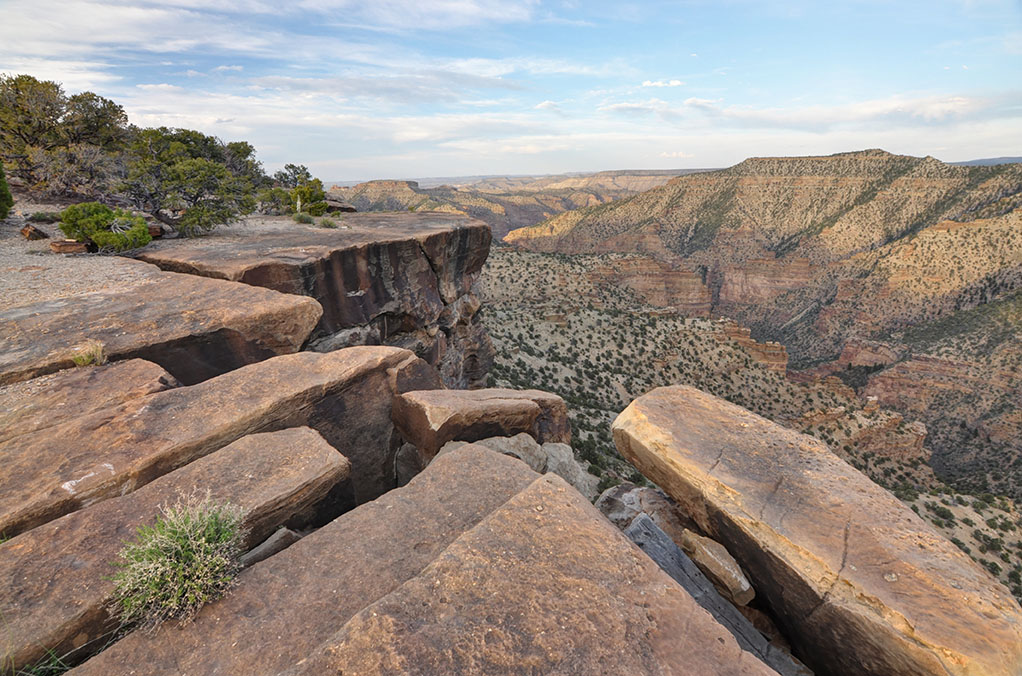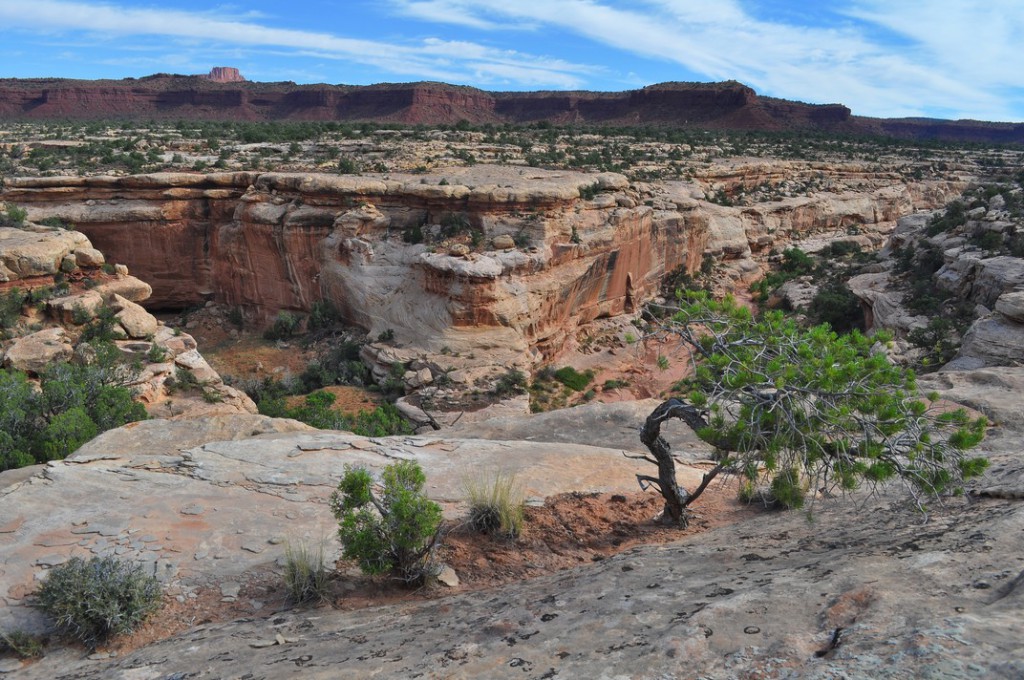Representative Rob Bishop’s Public Lands Initiative (PLI), unveiled on July 14th after much delay, is the kind of pro-extraction, anti-federal legislation that could only come from a congressman with a lifetime score of 3% from the League of Conservation Voters.
Among myriad provisions that exacerbate climate change, promote the State of Utah’s land grab, and trivialize the Inter-Tribal Coalition’s Bears Ears proposal, one deficiency stands out above all else: the bill completely fails to adequately protect the nearly 4.4 million acres of remarkable wilderness-quality lands throughout southern and eastern Utah that are affected by this legislation. In doing so, the PLI removes existing wilderness management on Bureau of Land Management (BLM) lands and fails to protect 62% of inventoried lands that qualify for and deserve wilderness protection.

The PLI rolls back existing protections for over 100,000 acres of wilderness study areas (WSAs) and at least 70,000 acres of BLM-managed natural areas (i.e., areas managed by the BLM for the protection of wilderness values). Areas left with lesser or no protection, among many others, include the entirety of the Winter Ridge, Jack Canyon, and Tin Cup Mesa WSAs, and significant portions of the Desolation Canyon, Dark Canyon, Grand Gulch, and Cheesebox Canyon WSAs. Managed natural areas around the San Rafael Reef—like Muddy Creek and Wild Horse Mesa—are also adversely impacted. In addition, the PLI completely fails to protect iconic Utah landscapes such as White Canyon (including most of its tributaries), Hatch Point, Price River, and the Mussentuchit Badlands as wilderness.

Setting aside the endless list of terrible PLI provisions, the bill is fundamentally unacceptable as it fails to protect the full spectrum of wilderness-quality lands in southern and eastern Utah. Simply put, if Rep. Bishop fixed every other provision of the bill tomorrow, it would still be a step backwards for Utah’s redrock wilderness.
SUWA will work tirelessly to ensure that the PLI meets the same doomed fate of previous public lands bills that paid little more than lip service to Utah’s remarkable public lands — but to accomplish this, we need your help. Please contact your congressional representative and tell them that the PLI is a pro-extraction, pro-development bill disguised as conservation legislation. Tell them that Utah’s wildlands deserve better.

